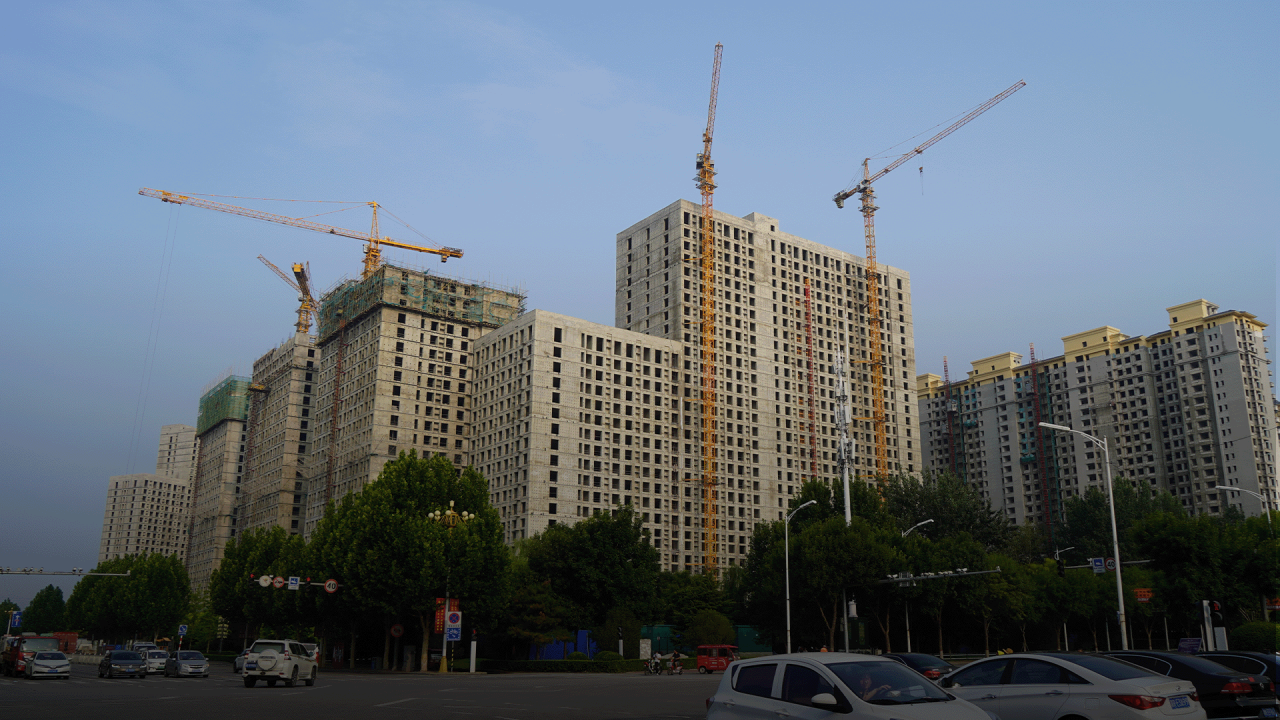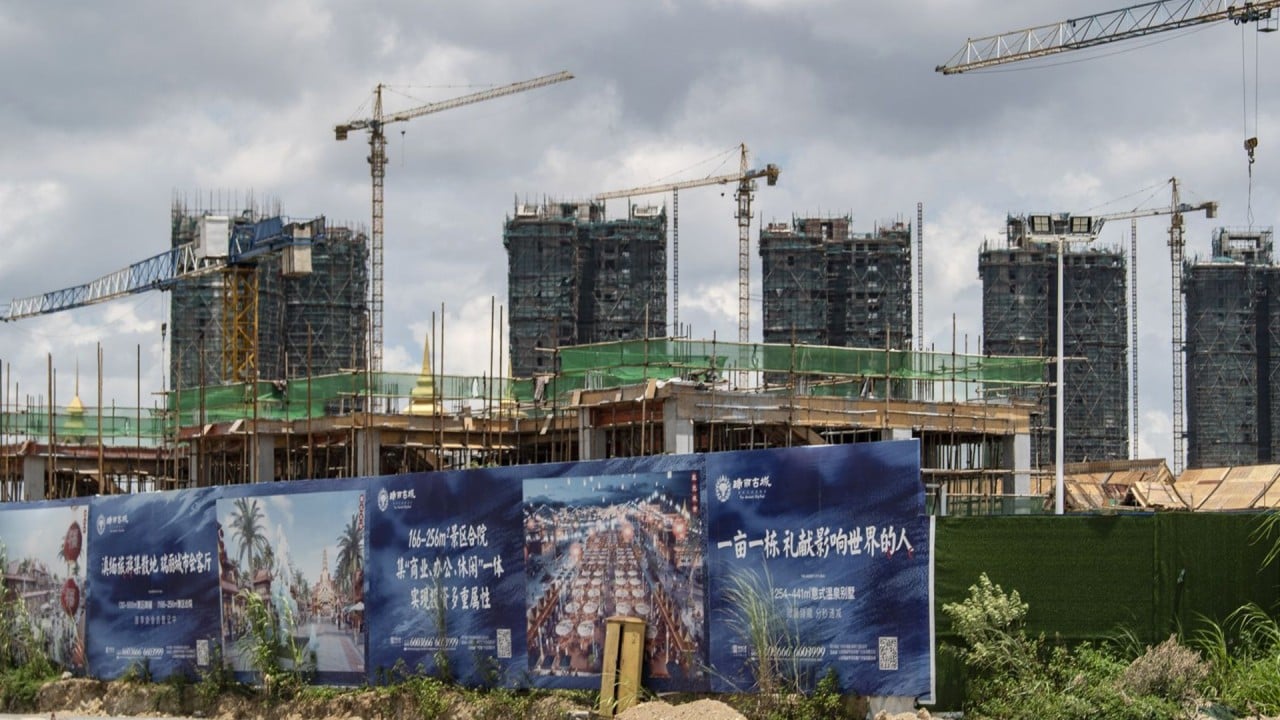
Painful as it is, China must rid its economy of an ever-rising property market
- It will be impossible to wring speculation out of the sector without much lower prices and a significant increase in financial distress
- But the longer the economy is dependent on an ever-rising property market, the higher the economic costs of reform
Even with prices having declined in the past two years, and the sharp fall in property-related activity, China needs a further substantial contraction in the role of real estate in its economic activity. Property prices relative to household income are still two to four times in China what they are in the rest of the world, and the sector accounts for more than twice the share of economic activity.
This was inevitable when economic agents – including developers, businesses, banks, households and local governments – had been encouraged over decades into directly and indirectly reinforcing the overextension of the sector. It is precisely why the eventual adjustment was always going to be far more difficult than regulators expected.
There is nothing new about this process, as anyone familiar with the history of real estate crises around the world can confirm. The property sector is such an important part of any economy that any substantial long-term trend in prices and activity cannot help but reorient the economy.
Rising prices is one way that markets allocate property to its most efficient and productive use, and as long as real estate prices maintained some connection to the rise in productivity, rising prices played a valuable role within the Chinese economy.
But in a seemingly perpetually rising market, households, businesses, banks and government entities eventually learn that those who explicitly or implicitly take on the riskiest exposure to the property sector outperform those who don’t. Banks and other lenders, for example, learn that the more aggressively they lend against real estate, the faster their income will grow relative to their less aggressive competitors.
And it’s not just banks who learn this lesson. Businesses that bet aggressively on the property sector by buying more land than they need for their operations, or that gear their operations to serving an ever-expanding property sector, will also outperform their competitors.
Over time, as the more “prudent” banks, businesses, households and local governments fall behind their competitors, the economy shifts its operations and balance sheets in ways that become increasingly speculative and dependent on rising real estate prices. At some point, which China reached around a decade ago, their speculative behaviour itself becomes a main driver of continued rising prices.
China won’t let property market collapse but heady days are over
But, at the same time, the longer this continued, the more painful it would inevitably be to reverse it. When much of the economy is explicitly or implicitly betting on an expansion in the property sector, it cannot come as a surprise than any reversal of this expansion will create significant financial distress.
So what can policymakers do? They cannot allow the property sector to expand, or even stabilise at current overextended levels, without creating even larger long-term costs for the economy. But they also cannot rein in the sector without suffering much greater short-term costs than they may be able to bear politically.
For now, Beijing seems to want to stabilise the property sector and slow the pace of adjustment to reduce financial distress. It is not clear, however, that this a realistic goal. In a speculative market, it is the expectations of rising prices that generate the demand for more rising prices, and once these expectations are reversed, it is very hard to prevent prices from falling.
Michael Pettis is a Beijing-based senior fellow at the Carnegie Endowment

.jpg?itok=NnPHupUI&v=1664941948)

